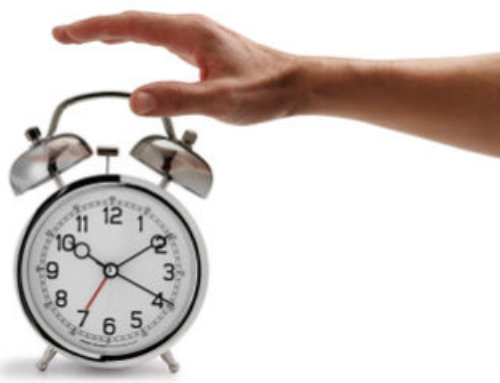FOR IMMEDIATE RELEASE: March 7, 2013
CONTACT: Lynn Celmer, 630-737-9700, ext. 9364, lcelmer@aasm.org
DARIEN, IL – This weekend marks the return of daylight saving time (DST) for most of the United States. To help ensure a smooth transition to the new time, the American Academy of Sleep Medicine (AASM) recommends that you begin to adjust your sleep schedule a few days prior to the beginning of DST.
AASM spokesperson Ron Kramer, MD, with Walter Reed National Military Medical Center in Bethesda, Md., says the return of DST is a good time to examine your individual sleep pattern. Along with diet and exercise, sleep is one of keys to maximize your health.
“The conversion to DST, with its forced loss of one hour of sleep and a change in sleep schedule, can sometimes result in complaints of disrupted daytime functioning,” said Dr. Kramer. “This problem, surprisingly, can last as long as one to two weeks in some people, especially the ‘night-owl’ type of person.”
Daylight saving time officially begins at 2 a.m., Sunday, March 10. The spring change to DST may have a variety of negative effects on health and safety. It can disrupt your sleep and enhance restlessness, causing daytime drowsiness. Research even suggests that the loss of sleep caused by springing forward one hour may be related to an increase in heart attacks and traffic accidents following the time change.
AASM offers the following tips to help you cope with the upcoming change to DST:
• Try to go to bed 15 or 20 minutes earlier each night before the time change. This will give your body a chance to adjust.
• Begin to adjust the timing of other daily routines that are “time cues” for your body. For example, start eating dinner a little earlier each night.
• On Saturday night, set your clocks ahead one hour in the early evening. Then go to sleep at your normal bedtime.
• Try to go outside for some early morning sunlight on Sunday. The bright light will help set your “body clock,” which regulates sleep and alertness.
• Be careful when driving or operating machinery if you feel drowsy on Sunday.
• Stick to your bedtime on Sunday night to get plenty of sleep before the workweek begins on Monday.
To arrange an interview with an AASM spokesperson, please contact Communications Coordinator Lynn Celmer at 630-737-9700, ext. 9364, or lcelmer@aasm.org.
The AASM is a professional membership society that is the leader in setting standards and promoting excellence in sleep medicine health care, education and research (www.aasm.org).
The American Academy of Sleep Medicine considers sleep disorders an illness that has reached epidemic proportions. Board certified sleep medicine physicians in an AASM accredited sleep center can provide effective treatment. AASM encourages patients to talk to their doctors about sleep problems or visit www.sleepeducation.com for a searchable directory of sleep centers.








